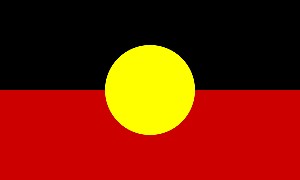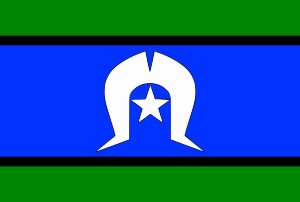How a Therapy Team Grew Out of a Need to Better Support Teenagers with Autism

What Does Climbing Mountains have to do with Therapists and Teenagers with ASD?
Being a teenager can be really tough. There’s a whole lot of stuff to navigate – physical changes, independence, friendships and relationships. Add on top of all that autism and intellectual disability, and with it a whole set of additional challenges, and growing up might just feel too big of a mountain to climb.
Anthony Cunningham (pictured centre), one of Gateways Occupational Therapists, has been instrumental in developing the Youth Plus Therapy Service, designed to support young people during this period of change. And it might be stretching the use of the mountain climbing analogy, but after talking with Anthony about the therapy team’s expertise in the life stage of adolescence, these therapists seem to operate a bit like skilled Sherpas, planning and guiding teenagers up what could otherwise be the treacherous climb to adulthood and ultimately sharing the load with them and their families.
Anthony’s passion for developing a therapy service specifically for teenagers and young adults came from his experience working with children with complex disability and Child Protection involvement, living in Gateways Child and Youth Services supported accommodation. He saw an urgent need for specialist support to help these young people prepare and plan for their futures, as upon turning 18 they were required to move out of their home of many years to a new and unfamiliar adult space.
‘This need really put a fire in my belly. There was access to specialist therapy support for children in the early years but there was always this void in the middle before they were able to access therapy services again as an adult, and yet this is a really difficult time when a young person is trying to work out who they are and where they’re going’, said Anthony.
‘Therapy planning for young people needs to focus on remaining person centred, being flexible and adaptable, as the goals for young people in the age group change all the time.
We’re there to assist with the real world, practical stuff. Therapy plans and strategies can include: communication goals so someone who has limited verbal communication can let others know how they feel or what they do or don’t like. They may include practical life skills like showering independently, using deodorant or shaving or the focus might be on building new relationships, promoting social understanding, managing going to school or monitoring and self-regulating emotions.’
Gateways has now developed a really unique therapy model with a clear continuity for specialist therapy supports from childhood and adolescence through to adulthood.’
As awareness of Gateways expertise in this age group increased and with the introduction of the NDIS to the Barwon Region in 2013, referrals for adolescents and young adults grew and grew. Anthony went from part-time to full time to now being part of a growing specialist Youth Plus team of Occupational Therapists and Speech Pathologists headed up by Gateways Therapy Program Manager, Sharon Bassett.
Youth Plus is currently delivered in Geelong but Gateways has plans to expand the service into Western Melbourne. For further information please contact Gateways (03) 52212984 or info@gateways.com.au
Pictured Above: Youth Plus Therapy Team (left to right) Dianne Kuriger, Marilla Kozdra, Anthony Cunningham, Kirsty Ineson, Jessie Hutchinson, Sharon Bassett.











